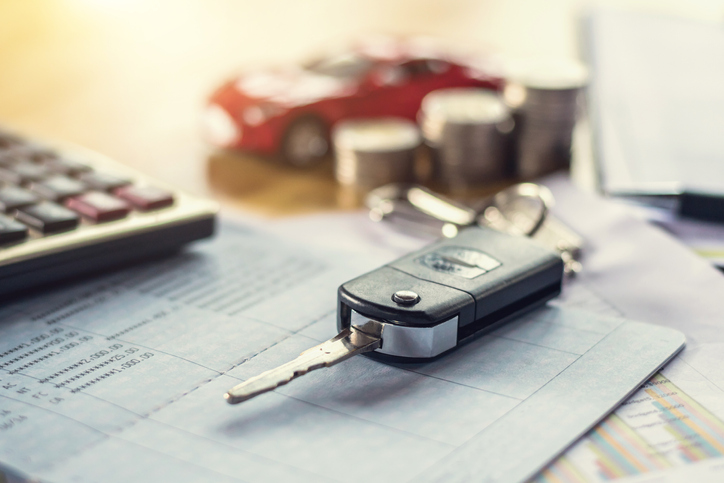If you’ve taken out finance on a vehicle and you’re worried about making the repayments, here’s what you can do if you’re struggling in monetary terms.
Work Out Your Sums
Before you do anything else, work out what you still owe on the car. If needs be, ring the finance company you’re borrowing money from and find out the settlement figure. This’ll give you an idea of what you still owe overall. You can then make a decision whether to sacrifice other payments and outgoings in your life in favour of the car, or whether it’s the car that needs to go to keep you afloat.
Trading Down
If it is looking bleak and you cannot make the books balance in such a way that you can keep up monthly repayments on your current wheels, then think about chopping it in for a car that costs less; this is if you absolutely need to have a car of some sort and you’re not able to be without personal transport in the event of refinancing. The dealer who sells you a replacement car for your current vehicle may be able to set you up with a loan that not only covers the outstanding finance on your initial loan, but also whatever you need for the car you’re replacing it with. You can then reduce the monthly payments and spread them out over a long time to ease the immediate pressure on your finances, but be aware than in this scenario you’re ultimately paying more money for a car (the replacement vehicle), which has less intrinsic value.

Sell, Return, Contact
If you can make do without a car, then it would be financially more sensible to simply terminate your current deal in whatever way you can. The first stage of this should be to contact the finance lender, because they will understand (especially in the current circumstances of the coronavirus lockdown) that bad things happen and people’s financial situations can change. Be clear in telling them you cannot afford to keep up payments and see what they suggest to you – they should be reasonable and help you out as best they can.
Two further routes from here are to sell the car at its current market value. This will only be possible if you’re in a deal where you end up owning the car at the end of the finance (so it is not applicable for PCP and leases), but if you can sell the car then you can pay off a large chunk of the outstanding finance. Even if you can’t quite attain the settlement fee for the car finance, you could take out a much smaller personal loan to bridge the gap and then you will be paying much less per calendar month to service this second loan, with the expensive car finance all settled.
If you are in a deal where it’s possible, you can hand the car back to the finance company. If a certain amount of the finance has been paid, normally around 66 per cent of the total price of the vehicle, then there is normally a clause that will allow you to return the car to the financier, provided you have kept up-to-date with the loan account prior to that point. If the car’s value exceeds the remainder of the finance agreement, you’ll have nothing more to do and the worrying monthly costs will be terminated; if it doesn’t, then the lender may take the vehicle back and tell you that you have to pay a small balance. This might seem frustrating, paying for a product you no longer have, but if it ends the finance agreement and eradicates your concerns about covering monthly payments going forward, it might be a painful price worth paying.
Throughout all of these courses of action, communication is key. Talk to your lender and/or a car dealership, to make sure you’re not breaching any contractual terms, and if you need impartial advice then go to Citizens’ Information for more guidance.
DO NOT… Stop Making Monthly Payments
The worst thing you can do in the situation you can’t make a monthly payment is simply to ignore the situation and hope it will go away. Missing repayments will negatively affect your credit rating and, most importantly of all, it does not negate your obligation to pay up on the rest of the finance. You’ll likely incur extra charges for missed payments, including bank charges and additional interest, and in the worst-case scenario of several missed payments in succession, your car will be repossessed. In this outcome, you STILL have to pay the remaining finance and balance on the car, so you will have lost everything and be no better off financially whatsoever; in fact, you will be in a bigger financial mess. Telling your finance company that you cannot make repayments is a much better course of action than merely letting it find out itself once you skip a monthly fee.